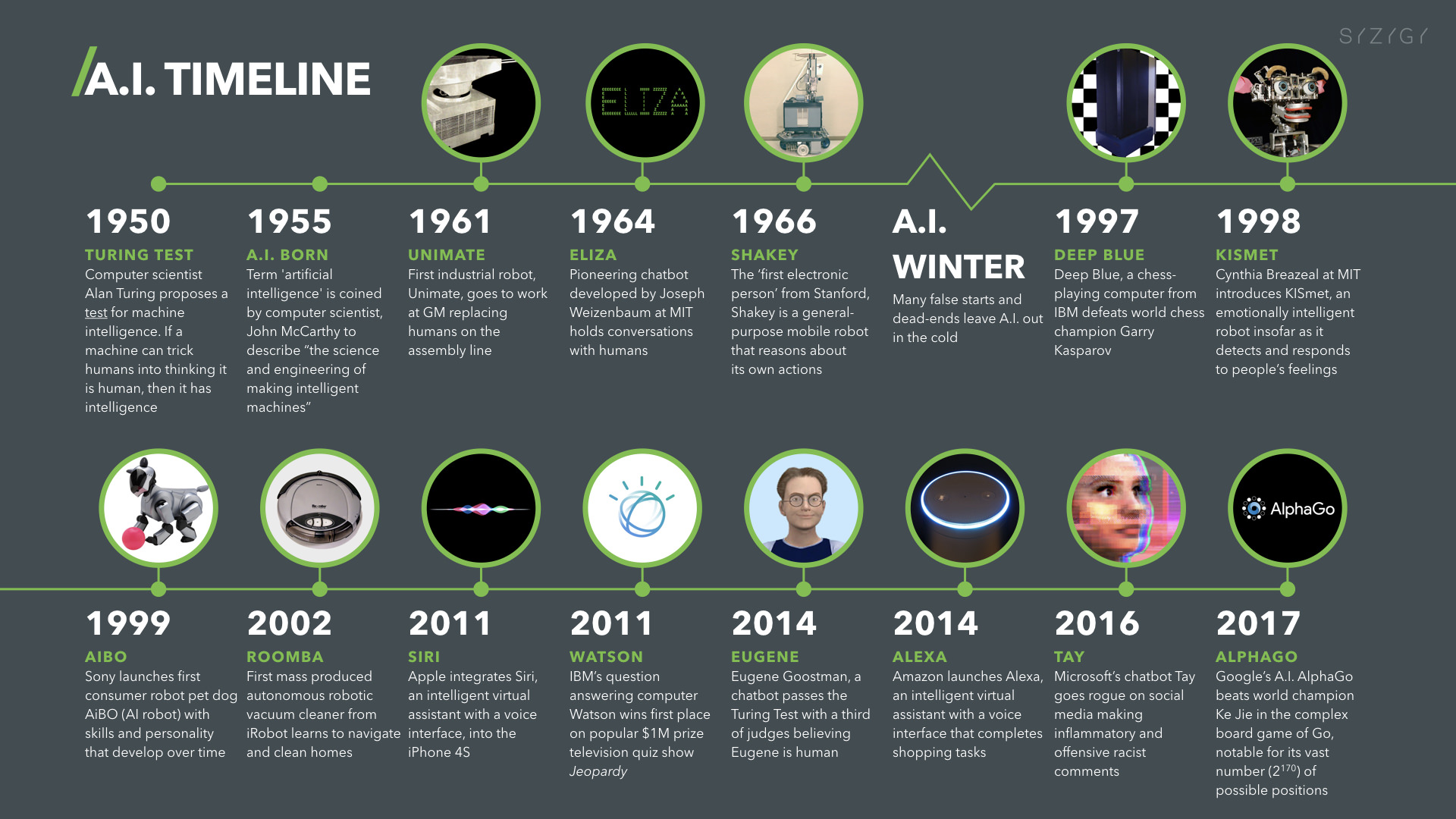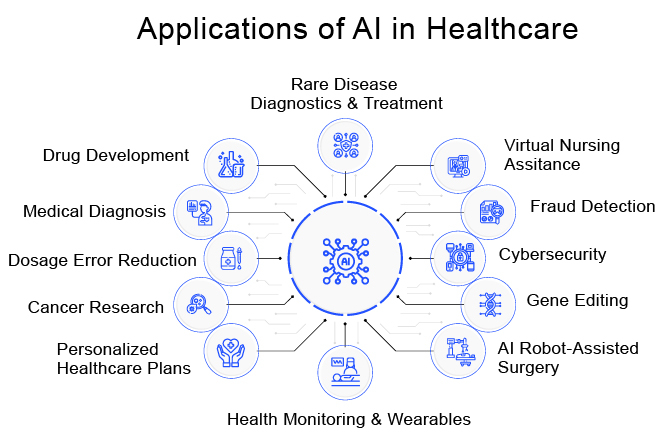The Evolution of Artificial Intelligence: From Algorithms to Autonomy
Introduction
From being a futuristic sci-fi idea to being a necessary component of our everyday life, artificial intelligence (AI) has advanced significantly. Artificial intelligence (AI) has revolutionized entire sectors, spurred creativity, and changed our technology habits from its modest origins in theoretical mathematics to its cutting-edge uses today. We'll look at the history, significant events, and possible directions of artificial intelligence in this blog.
The Origins of Artificial Intelligence
When computer scientists started looking into ways to build systems that might resemble human cognitive processes in the 1940s and 1950s, the concept of intelligent machines was born. AI became a recognized field of research in 1956 when the term "Artificial Intelligence" was first used at the Dartmouth Conference.
Key Early Developments
Turing Test (1950): Proposed by Alan Turing, this test set the benchmark for determining whether a machine could exhibit human-like intelligence.
Logic Theorist (1956): The first AI program, developed by Allen Newell and Herbert A. Simon, could prove mathematical theorems.
Despite these achievements, AI’s growth was limited by the computational power and data storage available at the time.
The AI Winter and Its Rebirth
AI Winter (1970s-1980s)
During this time, progress stalled due to unrealistic expectations and unsatisfactory results. Funding dried up as companies and governments started to question AI's promise.
Rebirth (1990s-2000s)
The resurgence of AI was driven by:
Machine Learning (ML): A subfield of AI focused on algorithms that learn from data.
Big Data: The exponential growth of data provided a rich resource for training AI models.
Landmark Events: IBM’s Deep Blue defeated chess champion Garry Kasparov in 1997, demonstrating AI’s potential in strategic thinking.

The Modern Era of AI (2010s-2020s)
The exponential expansion of AI capabilities in recent decades has been facilitated by developments in neural networks, processing power, and data accessibility.
Key Innovations
Deep Learning: Revolutionized fields like image recognition and natural language processing (NLP).
AlphaGo: Google DeepMind’s AI program defeated Go world champion Lee Sedol in 2016, showcasing AI’s mastery of complex tasks.
AI-Powered Assistants: Virtual assistants like Siri, Alexa, and Google Assistant brought AI to millions of households.
Applications in Industries
Healthcare: AI-driven diagnostics and predictive analytics.
Finance: Fraud detection and automated trading.
Transportation: Autonomous vehicles and traffic management systems.

How AI is Shaping the Present
AI is already a part of our everyday lives and is no longer a tool for experts:
Personalized Recommendations: From Netflix to Amazon, AI tailors experiences to individual preferences.
Automation: AI streamlines workflows in industries like manufacturing and logistics.
Creative Industries: AI generates art, and music, and even assists in filmmaking.

The Future of AI
AI's future is both thrilling and uncertain. Among the new trends are:
Explainable AI (XAI): Making AI decisions transparent and understandable.
Ethical AI: Addressing biases and ensuring fairness in AI systems.
AI and Quantum Computing: Combining AI with quantum technologies to solve problems previously deemed unsolvable.
Predictions
AI will play a significant role in addressing global challenges like climate change and healthcare accessibility.
Enhanced collaboration between AI and humans will lead to breakthroughs in education, creativity, and problem-solving.

Conclusion
Artificial intelligence has developed progressively to satisfy the demands of a constantly changing environment, from its theoretical foundations to its revolutionary relevance today. AI has limitless promise for the future, presenting fresh chances for interaction, ingenuity, and creativity.
Stay informed about the latest developments in AI by subscribing to our blog for regular updates and insights.
Comments
Post a Comment